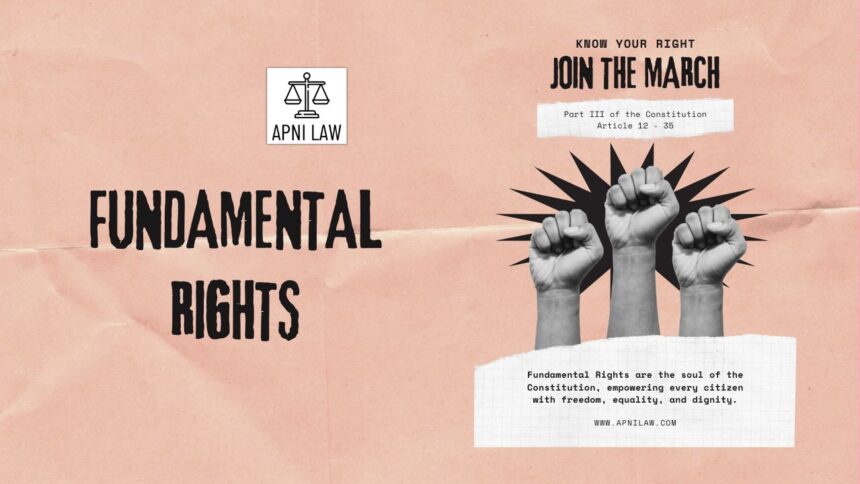Introduction
The Indian Constitution treats the right to life as the most fundamental of all rights. Article 21 states that no person shall be deprived of life or personal liberty except according to the procedure established by law. This simple yet powerful line has grown into one of the most interpreted provisions in constitutional history. Through judicial rulings, Article 21 has expanded beyond mere existence to include dignity, livelihood, privacy, health, and even a clean environment. It is the backbone of human rights in India and continues to shape the relationship between citizens and the state.
Meaning of Article 21
At its core, Article 21 ensures that the state cannot take away a person’s life or liberty unless it follows legal procedures. The framers intended this safeguard to protect citizens against arbitrary actions of the government. Initially, courts gave a narrow meaning to this provision, restricting it to physical survival. Over time, however, judicial interpretation broadened its scope. Today, Article 21 covers almost every aspect of a dignified human life.
Expansion Through Judicial Interpretation
The real strength of Article 21 lies in how courts expanded its scope. In A.K. Gopalan v. State of Madras (1950), the Supreme Court gave Article 21 a limited interpretation, stating that as long as a law existed, deprivation of liberty was valid. This changed dramatically in Maneka Gandhi v. Union of India (1978), where the Court held that the procedure established by law must be just, fair, and reasonable. This ruling made Article 21 dynamic, linking it with principles of natural justice and fairness.
Important Rights Derived from Article 21
The judiciary has read many rights into Article 21. These include the right to livelihood (Olga Tellis v. Bombay Municipal Corporation, 1985), the right to education (Unni Krishnan v. State of Andhra Pradesh, 1993), the right to privacy (Justice K.S. Puttaswamy v. Union of India, 2017), and the right to die with dignity (Common Cause v. Union of India, 2018). Each of these cases expanded the meaning of life and liberty, ensuring that citizens live not just physically but with dignity, freedom, and security.
Significance of Article 21
Article 21 has become the heart of Fundamental Rights in India. It protects individuals from arbitrary arrest, wrongful detention, and unjust deprivation of liberty. At the same time, it guarantees a wide range of positive rights essential for a dignified life. Its flexibility allows the Constitution to adapt to changing social needs, making it one of the most powerful tools in safeguarding democracy and human rights.
FAQ Section
1. What does Article 21 guarantee?
Article 21 guarantees that no person can be deprived of life or liberty except through a fair and just legal process.
2. How has Article 21 been expanded by the courts?
Through cases like Maneka Gandhi, Olga Tellis, and Puttaswamy, the Supreme Court expanded Article 21 to include rights such as livelihood, education, and privacy.
3. Why is Article 21 important in Indian democracy?
Article 21 ensures that every citizen enjoys not only physical survival but also dignity, equality, and security. It acts as a safeguard against misuse of state power.
Conclusion
Article 21 of the Indian Constitution is more than a legal safeguard; it is the foundation of human dignity. From protecting liberty against wrongful arrest to recognizing the right to privacy and a clean environment, it has become a living provision that grows with society. Courts have turned its brief wording into a broad guarantee of justice, fairness, and equality. Article 21 ensures that in India, life means more than survival—it means living with dignity and freedom.
For any specific query call at +91 – 8569843472








